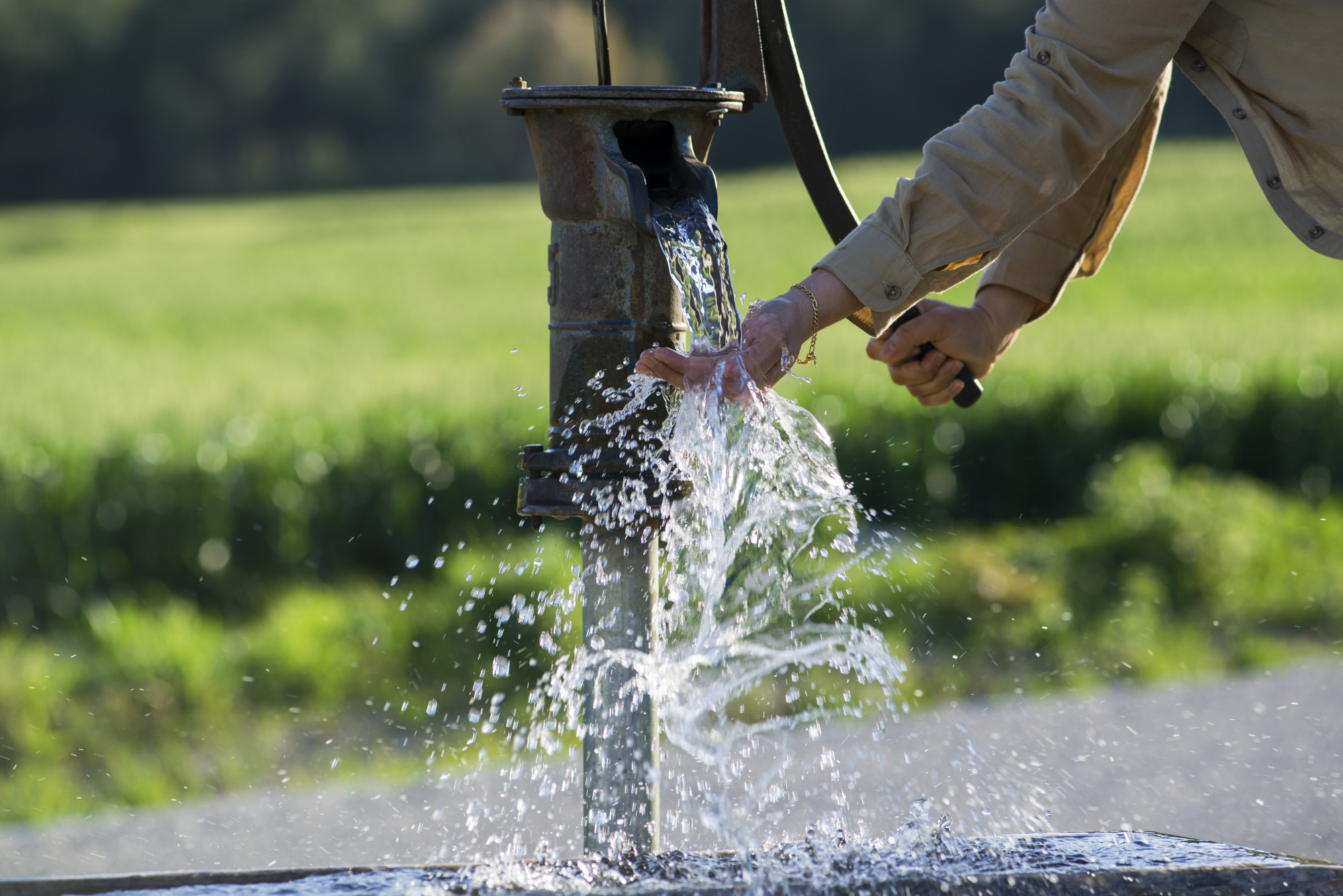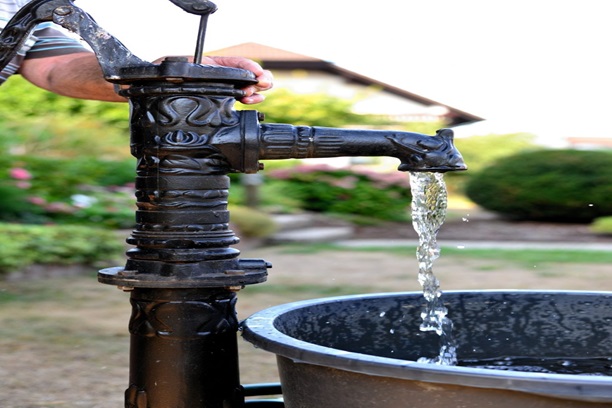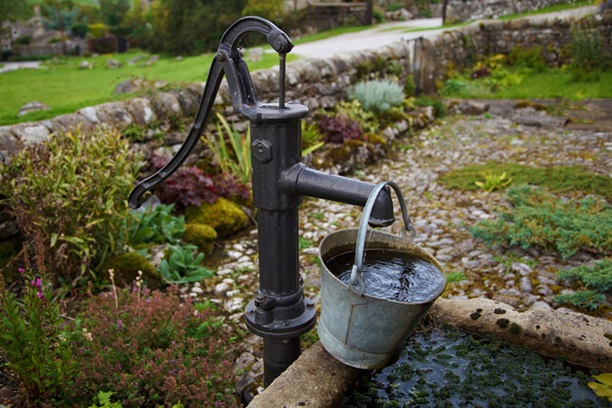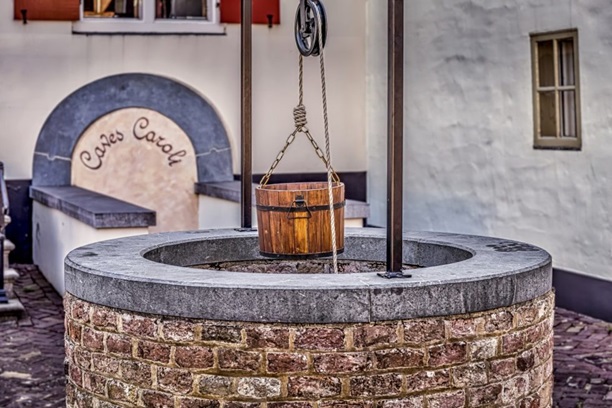Water Well Inspection: What to Expect When Hiring the Professionals
What can you expect when hiring water well professionals, like Keller Well Drilling, Inc., for well inspection services? This guide offers a complete overview!
If you reside in a rural part of the country or you’re buying a house in such a region, your water supply may come from a well.
Water wells need regular inspection to ensure proper operation, usefulness, and safety. These reviews can identify significant issues concerning poor water quality and health risks.
As such, your well should be evaluated at least annually by a licensed or certified water well systems professional. In between inspections, well owners should also look out for indicators that a professional might be needed sooner.
If you’re purchasing a property with a well, it’s crucial to test the water beforehand. Not all states require present homeowners to inspect their wells before selling, so always ascertain whether the water’s safe to drink before buying the house.
With that in mind, if you’re undertaking a professional well inspection for the first time, here’s what to expect.
What’s a Septic System?
A septic system is a wastewater treatment solution located underground and commonly used in areas without centralized sewer systems. Many rural homes with such a system also have a well that provides water for daily use.
The EPA estimates that more than 13 million households rely on private wells for daily water use in the U.S.
Each septic system serves a single property, whereas sewer lines connect whole city sections. There are advantages to owning a property with a septic system and well.
There are no monthly costs for sewage, and the systems are often long-lasting. They’re also better for the environment because septic systems don’t contaminate the groundwater. If there are leaks, these are usually contained to just one stretch of property.
When to Get a Well Inspection
You can ascertain the long-lasting functionality of your well by practicing proper residential maintenance. You can check for many functions and defects yourself by paying attention to the water system.
As we’ve already mentioned, a well should ideally be inspected once a year or before the associated property changes hands. But there are signs that a well might have a defect and could benefit from a thorough inspection to ensure water purity.
Anytime the well has to be opened (when the cap or well seal’s removed), it’s worth getting your well inspected.
If you experience odd taste or odor in your water
If you experience cloudy water (turbidity) caused by suspended matter
If you’re experiencing a loss of capacity, pressure, or if the well isn’t producing as much water. If the pressure drops or surges or the pump cycles on and off often.
If you receive test results indicating positive results for total coliforms, anaerobic bacteria, or any other potential health concerns. In this case, you’ll need to hire a pro to disinfect the well. This includes the removal of pump equipment and evacuating the well to the bottom.
Also, in some states, you’re required to inspect your well to assure its water purity before you can sell your house.
What Should You Expect During a Well Inspection?
Well inspections provide a thorough evaluation of the entire well system. This begins with checking the operation of the submersible pump and the water recharging into the well.
The inspector examines all parts of the pressure tank, which is usually located in the basement.
A well inspector can check the condition of your system for mechanical defects, such as rusting tanks, faulty gauges, or leaking seals. Such issues can cause low water pressure or encourage contaminants in the drinking water.
These are the parts typically covered in a Michigan well inspection:
Well hole and casing
Grout
Well cap
Submersible pump or jet pump
Electrical wiring (where applicable)
Valves and pressure gauge
Control box
Capacitors
Pressure tank
Inspectors will often measure the volume of well water pumped. They evaluate the rate at which the submersible pump works and test the pump performance over a length of time to see if all components are working optimally.
If the water pump is electrical, inspectors will test the Amps and Ohms drawn by the pump for consistency. The focus on the pump ensures that this costly component is working well.
How Much Does a Well Inspection Cost?
An average well inspection ranges from $300 to $500. This depends on the inspector’s rates as well as the type of water tests they intend to conduct to check water quality. It also depends on whether they provide a septic inspection as well.
Some inspectors also charge a travel surcharge. If the well’s water is examined at a lab to check for contaminants, inspectors may add another $100 to $300 to the fee.
If the septic system is also examined, costs range from $400 to $650. This is usually recommended if you have a private well, whether it is drilled or driven. Often, combining these two inspections makes the process cheaper overall.
Rely on the Experts to Inspect Your Well and Septic System
If you live in a property with a septic tank and well system, regular examinations are essential in securing the health and safety of your family – both now and in the future.
Commission an expert well inspection of all its parts to ensure proper performance and safety standards. They can also individually check for contaminants as well as the mechanic and electrical components of your well.
Keller Well Drilling is a reliable well drilling service in the Michigan area. If you have any questions about what you’ve just read, please feel free to contact us today!




